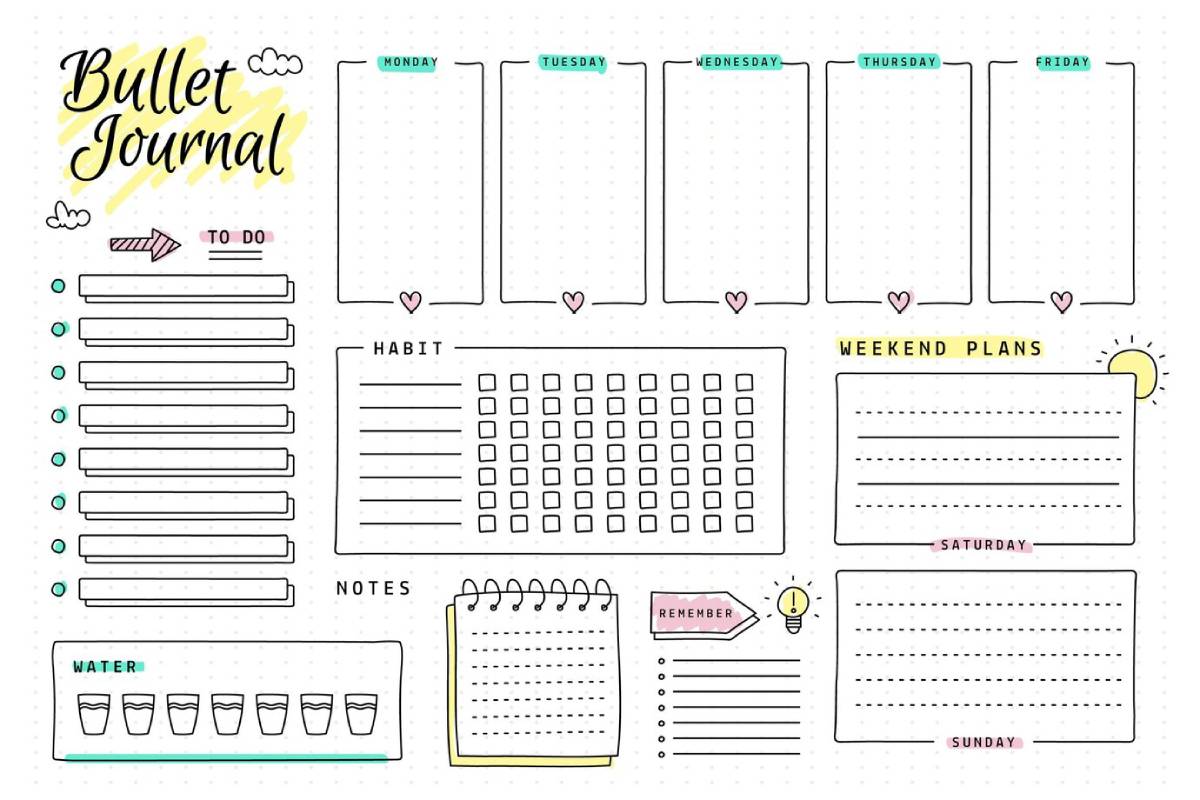The Personal Development Blog

How to Start and Maintain a Daily Journaling Habit
Why Journaling Matters More Than Ever
In a world where distractions are everywhere, finding even a few minutes to write can seem both luxurious and hard to do. In today’s noisy and fast-paced world, daily journaling has become a powerful tool. It helps with mental clarity, personal growth, and emotional strength.
Journaling is for everyone. Whether you’re a busy professional, a student, or a parent juggling roles, it helps you pause and reflect. It’s a place to find clarity and grow. It’s not about perfect prose or poetic flair but consistency, honesty, and intentionality. This article gives you practical journaling tips. You’ll learn how to start and keep a writing routine. Also, you’ll discover how this simple habit can bring lasting self-improvement.
The Benefits of a Daily Journaling Practice

Mental Clarity and Stress Reduction
One of the most immediate benefits of journaling is mental decluttering. Just like tidying your room brings a sense of calm, writing down your thoughts helps reduce mental noise. A study in Psychosomatic Medicine found that expressive writing reduces stress and boosts immune function.
Enhanced Self-Awareness
Daily journaling is a mirror. It reveals thought patterns, emotional triggers, and recurring challenges. Over time, you begin to recognise what drives your actions, what holds you back, and what truly matters to you. This enhanced self-awareness is foundational to personal growth.
Goal Setting and Accountability
Writing down your goals increases your likelihood of achieving them. The act of journaling helps you track progress, reflect on setbacks, and celebrate wins. It keeps your ambitions at the forefront of your mind, turning vague dreams into actionable steps.
Emotional Processing and Healing
Journaling provides a safe, judgment-free zone to express feelings. Whether you’re navigating grief, anxiety, or joy, writing offers a therapeutic outlet. Psychologists often suggest journaling to help with emotional healing and mental health.
Getting Started: Setting Up for Success
Choose the Right Tools
Start with what feels good. Your journaling tool should be easy to use and feel good. This could be a leather-bound notebook, a spiral pad, or a digital app.
- Analog options: Moleskine, Leuchtturm1917, or budget-friendly lined notebooks
- Digital apps: Day One, Journey, Penzu, Google Docs
Find Your Why
Ask yourself: Why do I want to journal? Your reason could be personal growth, improved productivity, mental health, or creative exploration. Keeping this goal in mind will motivate you during dry spells.
Start Small
Begin with just five minutes a day. Set a timer. Don’t overthink it. The goal is to build a habit, not write a novel. It’s okay if your entries are short or messy—consistency is what counts.
Create a Ritual
Link journaling with an existing habit to anchor it into your routine. This could be:
- After brushing your teeth in the morning
- With your morning coffee
- Right before bed
The key is to make it automatic and part of your daily rhythm.
Establishing and Maintaining a Writing Routine
Scheduling Your Writing Time
Consistency beats intensity. Choose a regular time of day when you’re least distracted. For many, early morning or late evening works best.
- Morning journaling can set intentions, plan the day, and boost focus.
- Evening journaling is ideal for reflection, gratitude, and processing events.
Creating a Dedicated Space
Designate a comfortable, quiet space for journaling. This doesn’t have to be elaborate—a cosy corner with a candle or a quiet café will do. The environment sets the tone for reflection and focus.
Use Prompts to Beat Writer’s Block
If staring at a blank page intimidates you, prompts can help. Try:
- What am I feeling right now?
- What are three things I’m grateful for today?
- What’s one lesson I learned this week?
- What’s something I want to improve?
Keep a list of writing prompts handy for inspiration on tough days.
Be Flexible and Forgiving
Missed a day? Don’t sweat it. Life happens. Journaling is a tool, not a taskmaster. Allow yourself grace and simply return to the practice the next day.
Different Journaling Styles to Explore
Free Writing
Stream-of-consciousness writing means writing without stopping, editing, or filtering. It’s a great way to uncover subconscious thoughts and emotions.
Gratitude Journaling
Focuses on listing things you’re grateful for. Gratitude journaling can boost mood, enhance sleep, and lower depression symptoms.

Bullet Journaling
A method that combines journaling with task management. Use bullets, signifiers, and collections to plan your day, track habits, and record thoughts.
Reflective Journaling
This involves analysing events, thoughts, or decisions to learn from them. Common in educational or professional development contexts, it helps deepen self-awareness.
Visual Journaling
Great for creatives. Combine drawings, sketches, mind maps, and words to express yourself visually. This can enhance creative thinking and emotional expression.
Real-World Success Stories
Case Study: Emma, the Overwhelmed Entrepreneur
Emma, a small business owner, started journaling to manage the stress of running her company. She dedicated 10 minutes each morning to writing down her priorities, fears, and small wins. Within months, Emma reported reduced anxiety, better time management, and clearer decision-making.
Case Study: Ravi, the University Student
Ravi struggled with self-doubt and exam stress. He used journaling to track his study patterns, reflect on his feelings, and practice gratitude. Journaling helped Ravi improve his academic performance and confidence.
Advanced Tips for Long-Term Success
Experiment with Formats
Don’t box yourself in. Try mixing styles—use bullet journaling during the week and reflective writing on weekends. Add photos, quotes, or sketches to keep it engaging.
Review Regularly
Set aside time weekly or monthly to read old entries. This can be incredibly motivating. You’ll notice patterns, track growth, and gain perspective on past struggles.
Protect Your Privacy
If you’re worried about privacy, use password-protected apps or keep your journal in a secure place. Knowing your thoughts are safe encourages honesty.
Join a Journaling Group or Challenge
Online communities and 30-day journaling challenges can provide accountability and inspiration. Sharing your journey (if comfortable) can lead to powerful insights and connections.
Addressing Common Concerns
“I don’t know what to write about.”
Use prompts. Write about your day. Describe how you’re feeling. There’s no wrong way to journal.
“I don’t have time.”
Even 3–5 minutes a day can make a difference. It’s about building a habit, not writing pages.
“I’m not a good writer.”
Good news: You don’t have to be. Journaling isn’t about eloquence—it’s about expression.
“What if someone reads my journal?”
Use digital tools with passwords, or keep your physical journal in a safe spot. The fear of being read should never stop you from healing and growing.
Make Journaling Your Personal Superpower
Starting a daily journaling habit is a simple yet powerful act of self-commitment. It helps you slow down, get honest with yourself, and stay aligned with your values and goals. Journaling can boost mental clarity and help you gain personal insights. It can be your anchor in a chaotic world.
Remember, the goal isn’t perfection—it’s presence. Even messy, fragmented thoughts have value when captured with intention. Journaling is a powerful tool. It can boost productivity, help you process emotions, or even help you understand yourself better.
So grab that notebook (or open your app), pick a time, and write your first sentence. Your future self will thank you.
Ready to begin? Start today by jotting down one thing you’re grateful for. It could be the beginning of something life-changing.









